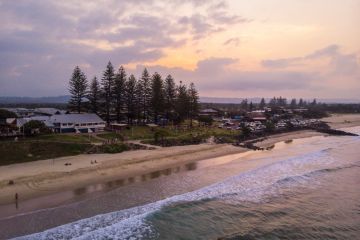Independent Schools Guide 2025: Why wellbeing is at the fore of these classrooms
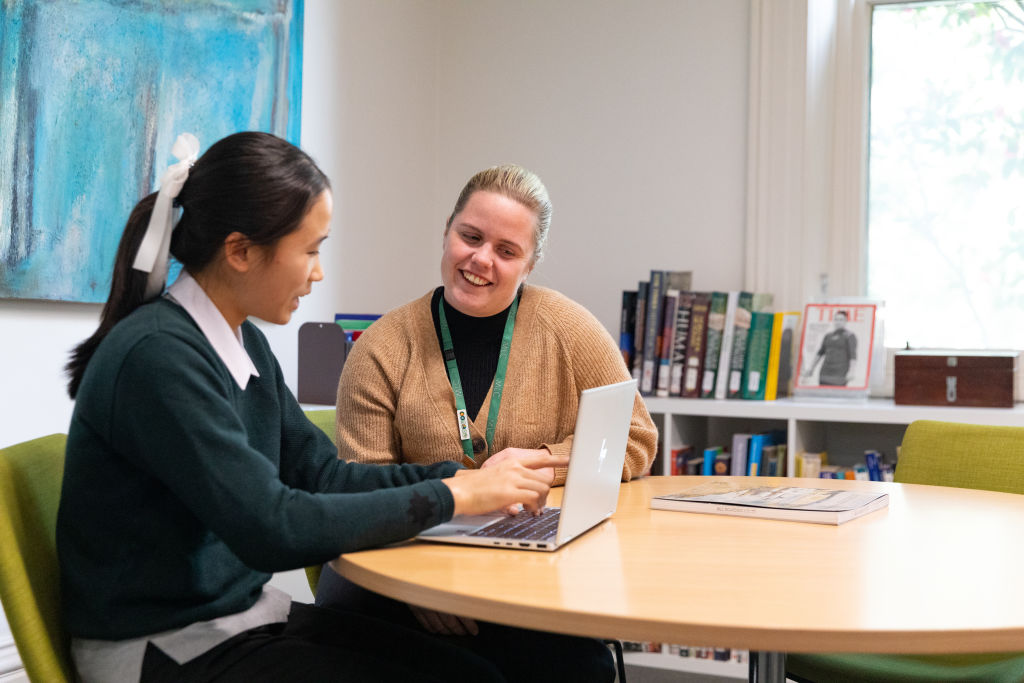
Designed in response to contemporary research, societal and technological changes, and lessons learned from remote learning during the COVID-19 pandemic, the curriculum reflects MLC’s commitment to supporting both academic growth and student wellbeing in a seamless, structured way.
“The Curriculum for Learning and Wellbeing, introduced in 2024, ensures that wellbeing is embedded in students’ daily experiences, rather than existing as a separate set of programs,” says MLC Principal Julia Shea. “It’s about ensuring each student has the support they need to develop resilience, confidence, and academic success.”
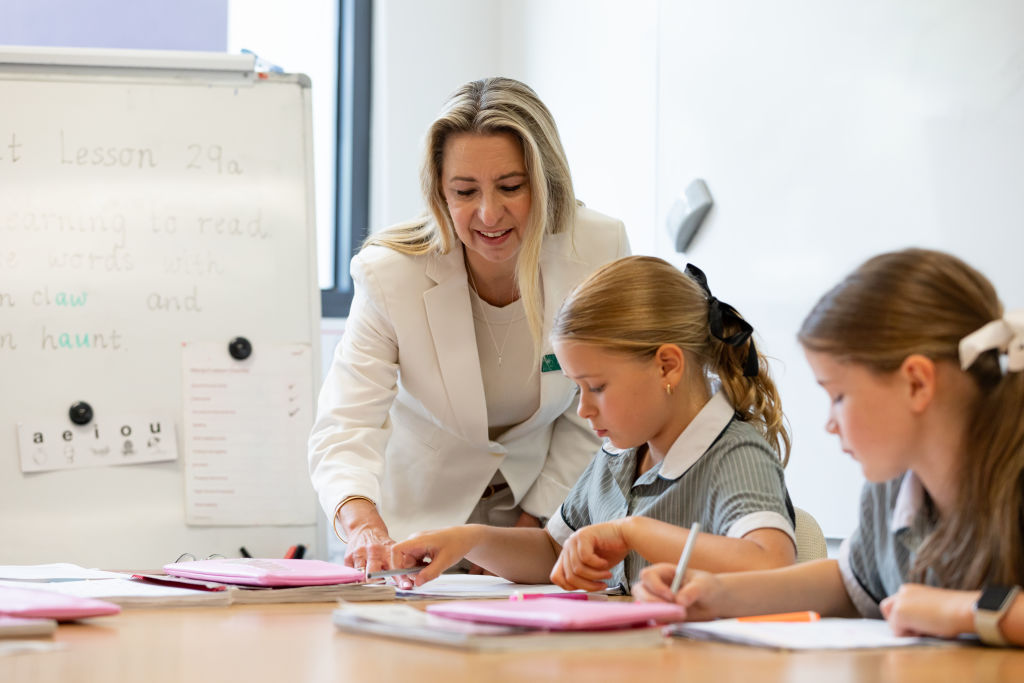
A key component is the enhanced timetable, which allows for increased student-teacher contact and clear learning pathways that build on students’ knowledge and skills progressively. Mentor groups play a central role, offering small-group support and fortnightly one-on-one check-ins to help students set and achieve goals.
Research has long shown that strong relationships and a sense of belonging at school are critical factors in both academic achievement and personal wellbeing.
In Junior School, the integration of wellbeing into the curriculum ensures students develop essential life skills alongside academic learning. Personal and interpersonal development, collaborative problem-solving, and social justice awareness are embedded across subjects, helping students build confidence and a sense of belonging within the MLC community.
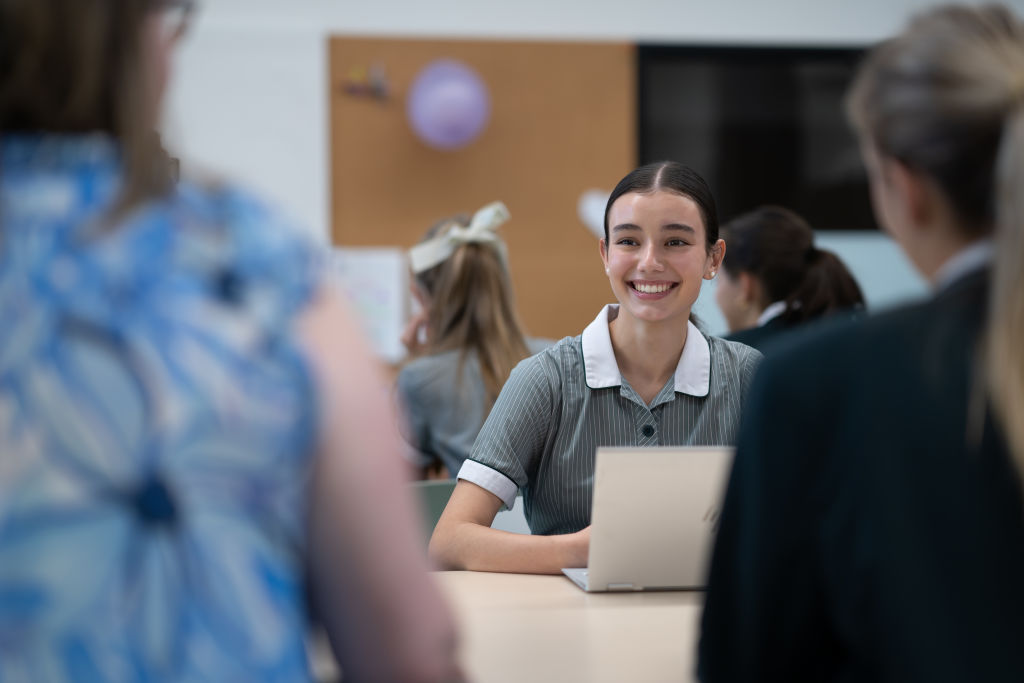
The In@MLC program supports Prep to Year 6 students in transitioning smoothly and feeling connected.
These elements align with the whole-school PROSPER wellbeing principles, reinforcing a consistent approach to student wellbeing from the earliest years.
Recognising the direct link between physical activity and mental health, MLC has also expanded its Health and Fitness program. Offerings such as spin classes and Pilates before school cater to students of all interests and abilities.
Shea highlights the impact, noting that over 420 students are participating weekly in 2024.
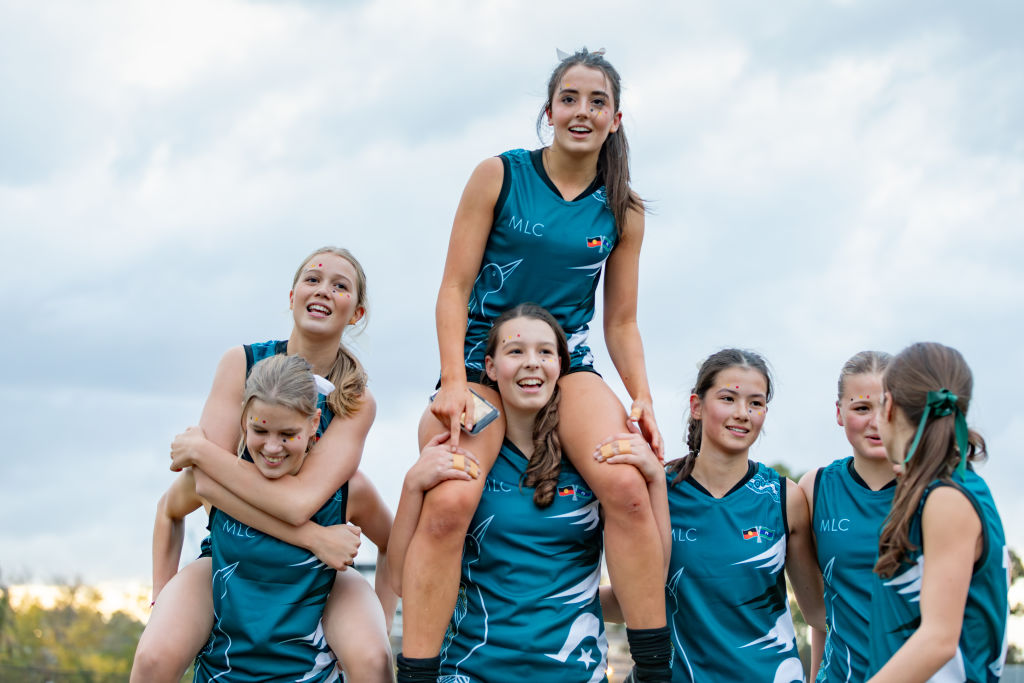
“This is particularly notable given research showing that by age 17, 90 per cent of girls do not meet recommended activity levels,” she says.
Building on this success, MLC is investing in a new Physical Education and Sport Precinct, designed to further expand opportunities for students to develop confidence and a lifelong love of movement.
“Encouraging girls to stay active is crucial,” says Shea. “It’s not just about physical health – it’s about happiness, self-esteem, and body confidence, all of which contribute to wellbeing.”
MLC
207 Barkers Road, Kew 3101
Enquiries: (03) 9274 6316
Years: Six weeks-five years old (MLC Kindle), Prep – Year 12
Denomination: Non-denominational
Gender: Girls (MLK Kindle co-ed)
Fees: $24,990-$41,700 for Prep to Year 12
Boarding: Yes
Scholarships: Yes
ATAR (median for 2024): 88.58
We recommend
We thought you might like
States
Capital Cities
Capital Cities - Rentals
Popular Areas
Allhomes
More

